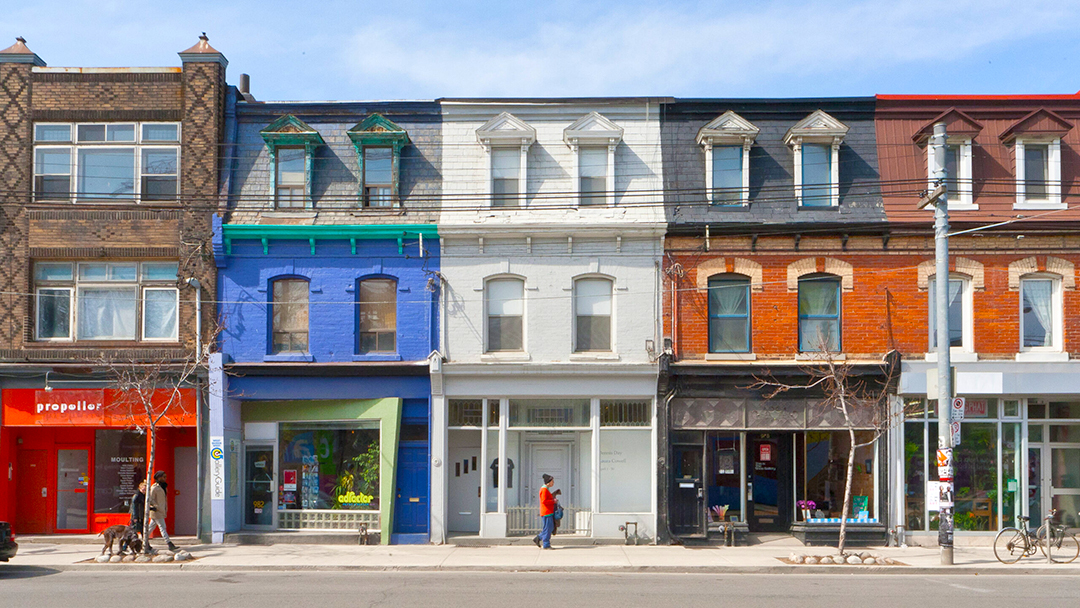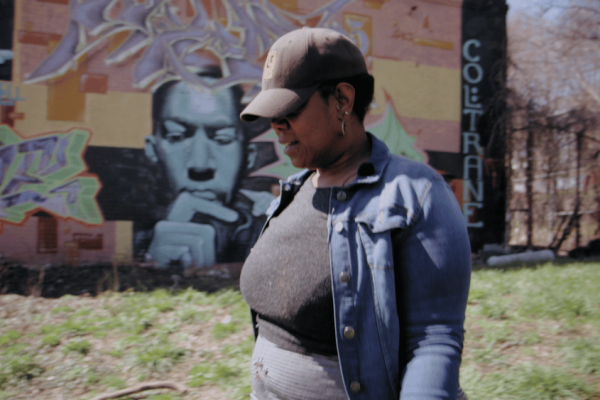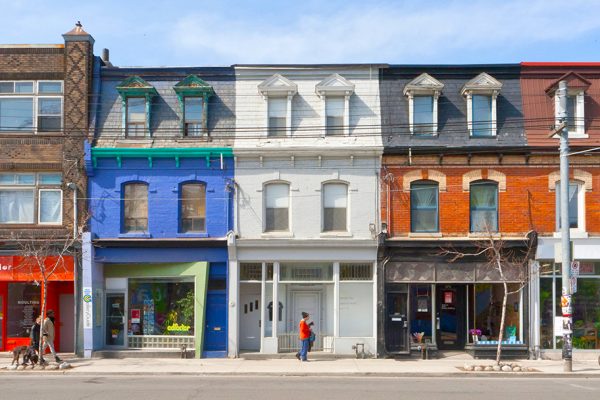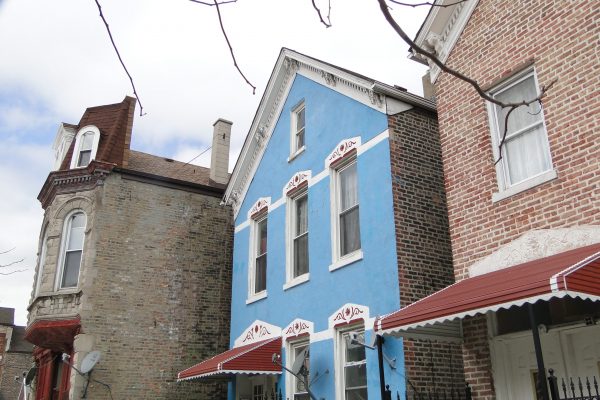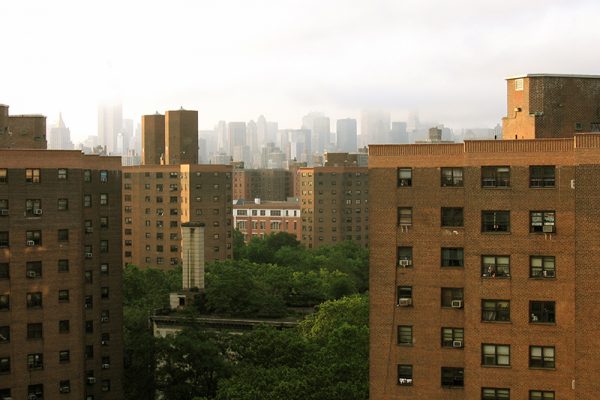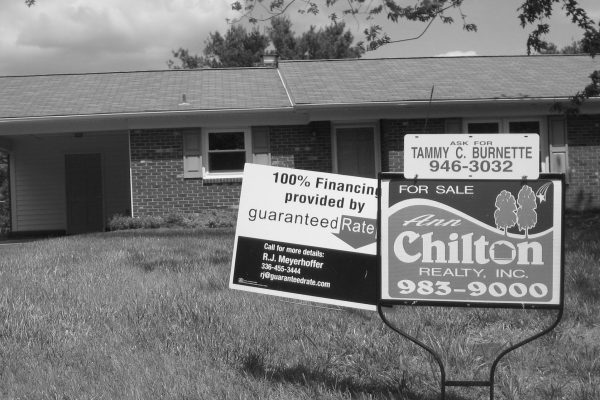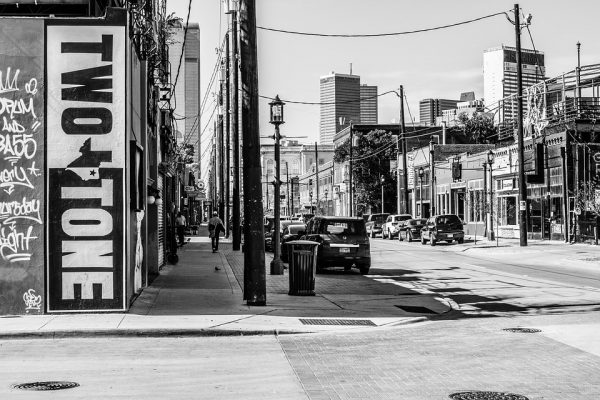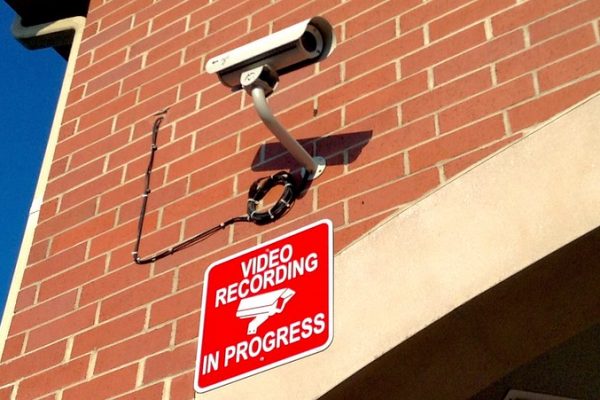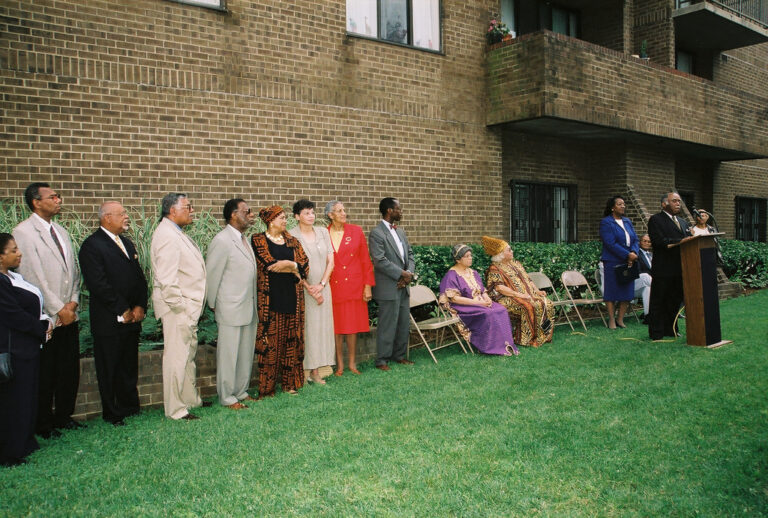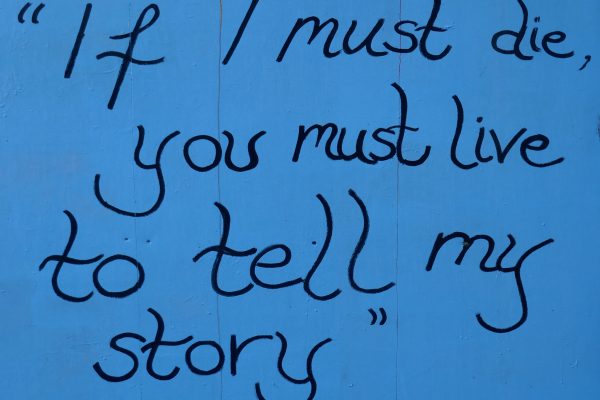Two weeks from today will see the end of the federal eviction moratorium, with the Supreme Court voting to overturn it 6–3 last month despite the pandemic continuing to rage on. This is just the latest event in a stressful 18 months for renters, a period that saw both the threat of rent strikes and retaliation from landlords in the form of proptech. What’s more, as last summer’s uprisings for Black lives were getting underway, there was also the discovery that Breonna Taylor’s murder might have been related to a multimillion-dollar redevelopment initiative in her neighborhood and a “political need to clear out her street.” All the more insulting, then, is the recent trend of community development organizations who seek to “engage” residents in decision-making while their neighborhood is gentrified around them.
Such pieces constitute more recent additions, but the magazine has long been committed to housing justice and the fight for racial equality in this realm. “Half a century of public policy. . . has served to reinforce the walls of the ghetto while systematically disinvesting in Black urban communities,” Patrick Sharkey wrote in 2008. “The impact of this disinvestment cannot be reversed with anything less than a similar commitment, in scale and duration, to America’s urban neighborhoods.” But a 2014 forum took the opposite approach: the lead author’s solution to the “near-caste structure” that housing perpetuates was to relocate residents. This plan was met with derision from several respondents. “We must stop telling poor Blacks that they cannot afford to live with each other,” MIT urban planning professor J. Phillip Thompson wrote.
What about homeownership as a path to racial equity? For Keeanga-Yamahtta Taylor, this is a fallacy. One of our most widely read essays of 2019, “Against Black Homeownership” argues that African Americans experience homeownership in ways that rarely produce the financial benefits typically enjoyed by middle-class white Americans, often relying on older housing that does not appreciate in value. Indeed, as a recent essay from Gianpaolo Baiocchi and H. Jacob Carlson states, “even after the end of official redlining, government programs to promote Black homeownership created perverse incentives for real estate interests and banks to exploit Black homeowners and gain from their economic distress.” The solution? Take housing out of the private market, and instead focus on its social value, they argue. Only then can we see that it “is the linchpin of human flourishing and community stability.”
The community development industry has failed in the fight for fair housing. Despite claiming to involve residents, power and self-interest still have the final say.
The real estate market is so structured by race that Black families will never come out ahead.
Proptech is leading to new forms of housing injustice in ways that increase the power of landlords and further disempower tenants and those seeking shelter.
Forum
The state must undertake all action necessary to end the social processes that continue to perpetuate the near-caste structure of American society.
